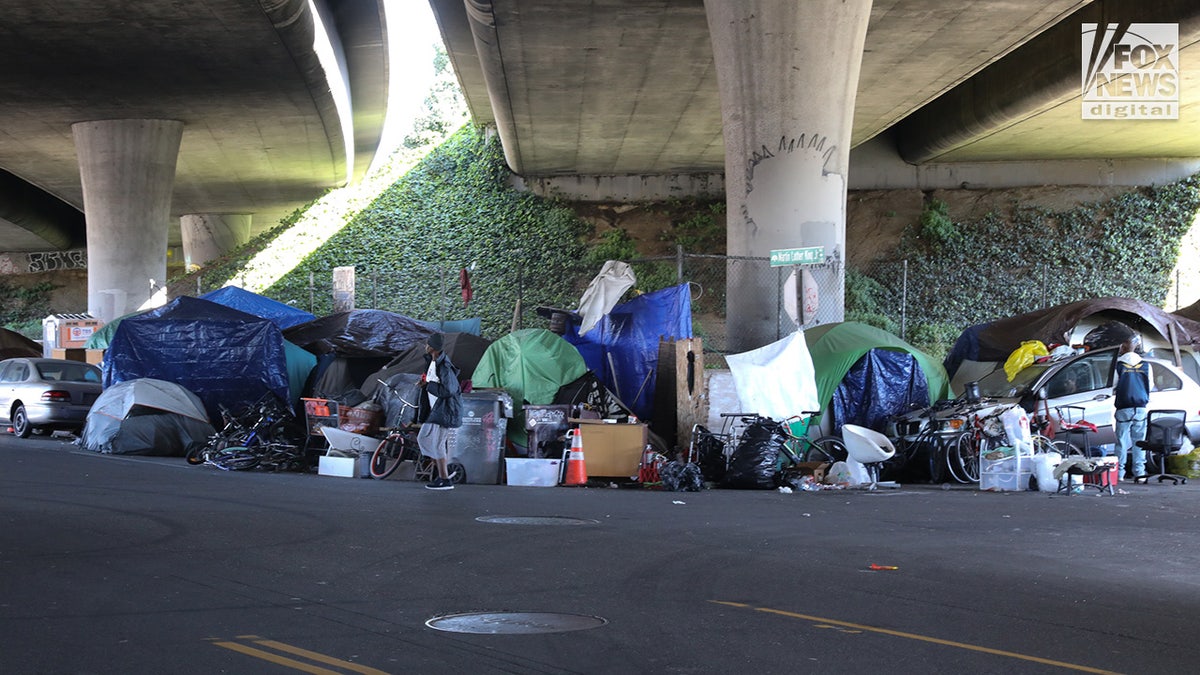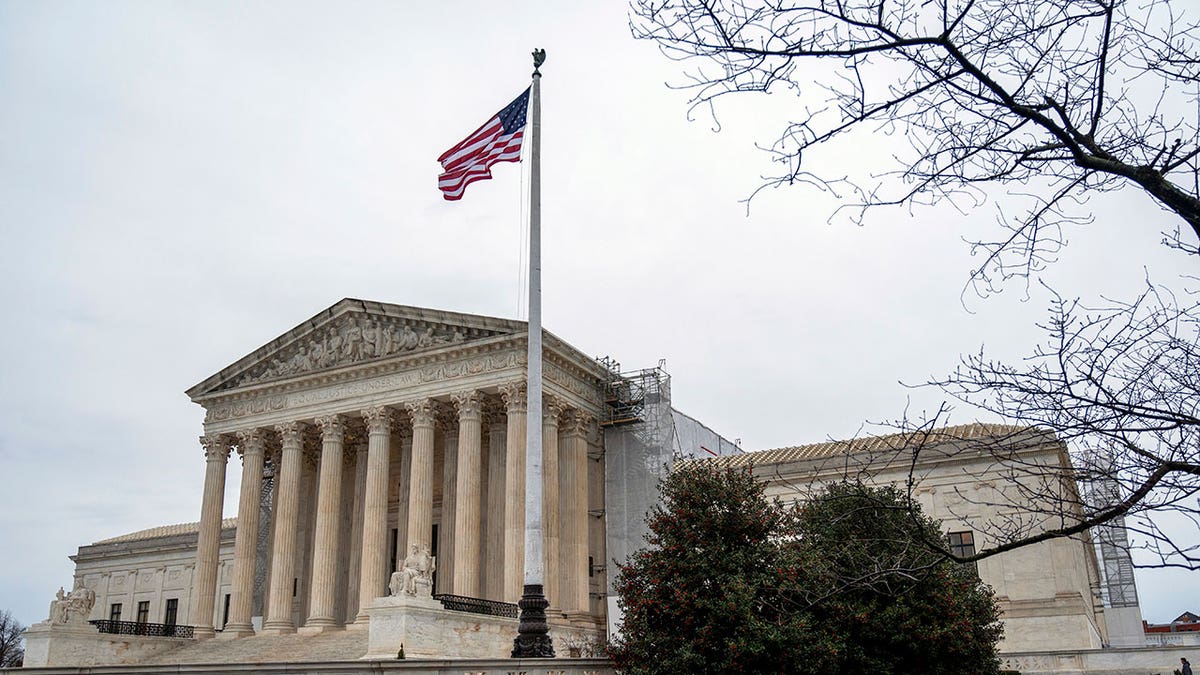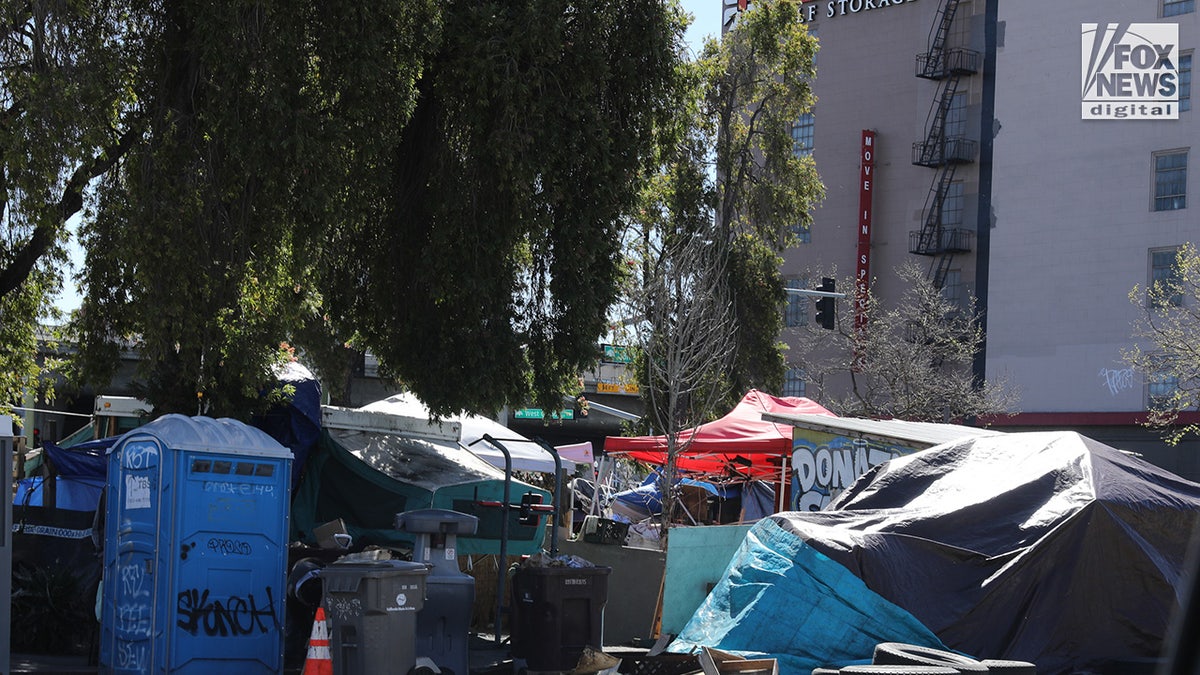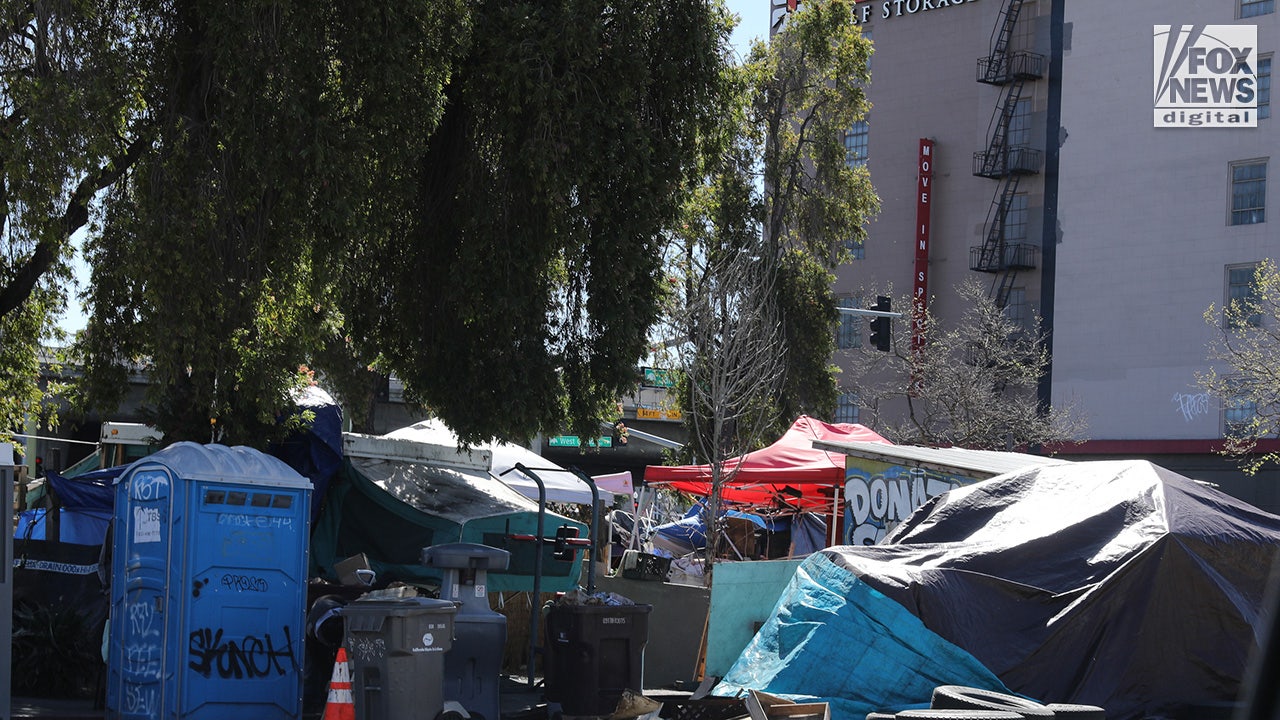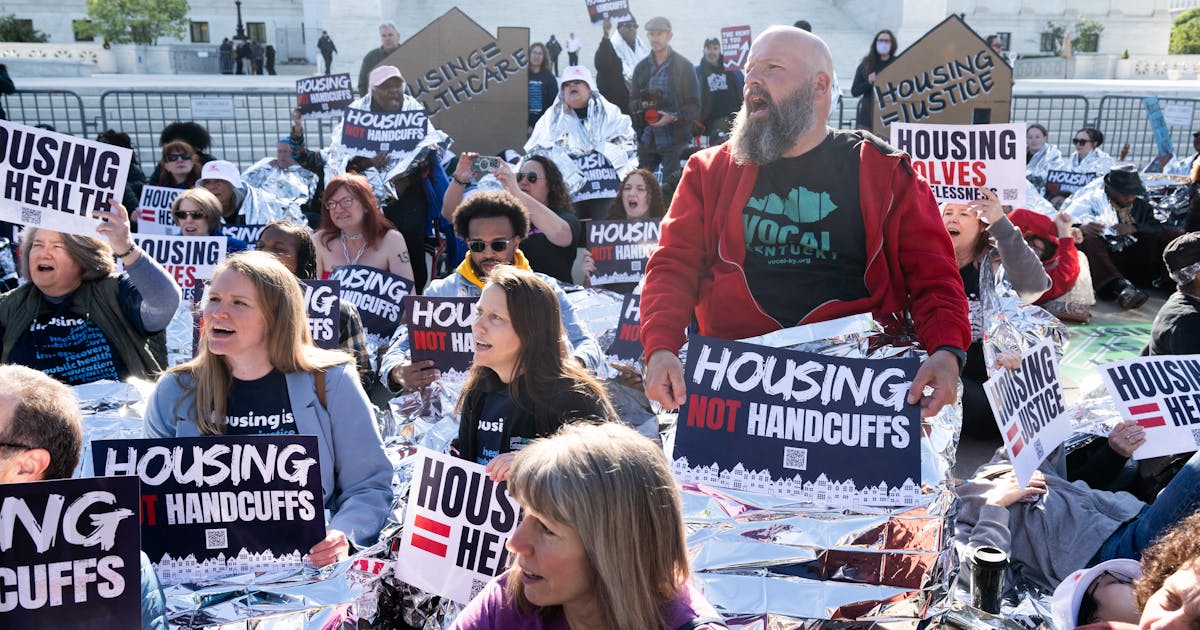
The Supreme Court grapples with the question of how far cities can go in criminalizing people for sleeping outside, weighing the case that could have significant implications on homeless policy in decades. The court is considering a challenge to rulings from a California-based appeals court that found punishing people for sleeping outside when shelter space is lacking amounts to cruel and unusual punishment. The case stems from a 2019 camping ban enacted by city officials in Grants Pass, Oregon, where rents are rising and there is just one overnight shelter for adults. Debra Blake, who had lost her job a decade earlier and was unhoused, was cited for illegal camping. After the ninth US circuit court of appeals ruled that Grants Pass could not enforce local ordinances prohibiting homeless people from using blankets, pillows or cardboard boxes for protection from the elements, the city challenged the Martin v Boise decision that barred camping bans when shelter space is lacking. The justices appeared divided in their views on the issue, with some questioning whether fines and jail time were appropriate punishments for those who couldn't afford housing. As a result of this case, cities across the country could face challenges to their local ordinances criminalizing homelessness, and may be forced to reconsider how they address the growing homelessness crisis. The outcome of this case will have far-reaching implications on how communities deal with homelessness and whether they can fine or jail people for camping in public spaces.


